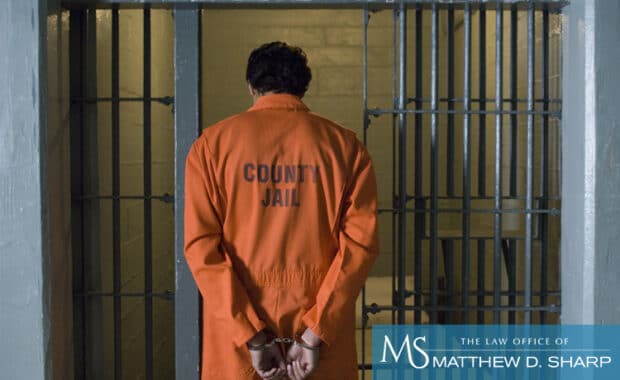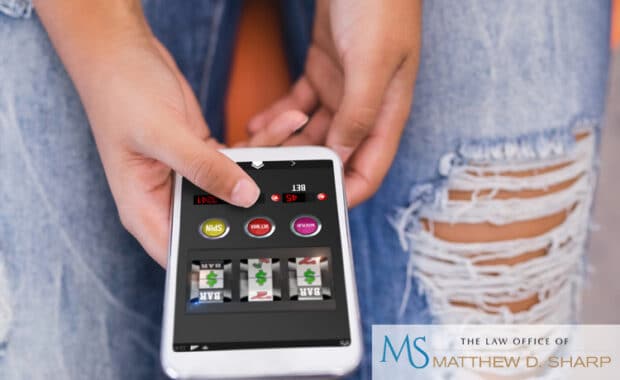Alcohol and Minors in Texas
Many Texas residents enjoy alcoholic beverages responsibly from time to time. As long as the drinkers are of legal age, there is nothing wrong with imbibing occasionally. However, if minors are allowed to come into possession of alcoholic beverages, criminal charges can be filed.
Selling alcohol to minors or providing minors with alcohol is strictly illegal in Texas. Depending on the circumstances, this crime can result in jail time and steep fines if a conviction is reached. The laws in Texas require all adults to take their part in keeping alcohol out of the hands of underage citizens.
Selling Alcohol to A Minor
According to Section 106.03 of the Alcoholic Beverage Code, for the purposes of alcohol sales, a minor is a person who is under the age of 21. Selling alcohol to a minor under any circumstances is illegal and may result in criminal charges being filed.
Although some people may think that this is a relatively minor offenses, the Texas Alcoholic Beverage Commission takes this issue very seriously. Laws regarding the sale of alcohol to minors apply to any location that has alcohol available for purchase. This includes:
- Convenience stores
- Liquor stores
- Bars and pubs
- Hotels
- Grocery stores
People who work in these establishments are required to check the ID of anyone who appears to be too young to purchase alcohol legally. They must do this to confirm the person’s actual age. Claiming that a person “looked old enough” is not a valid legal defense that can be used in court.
The penalties for this offense can be serious. A person who is convicted for selling alcohol to a minor may face:
- Conviction on a Class A misdemeanor charge
- Incarceration in jail for up to one year
- Automatic driver’s license suspension for 180 days
In addition, a person who is convicted of this offense may lose their TABC license. They could also potentially be fired from their job and prevented from getting another job in an establishment that serves alcohol. If a person over the age of 21 provides alcohol to a minor under the age of 18 and the minor is involved in an accident, such as a vehicle collision, the person who provides the alcohol may be held liable for any damages resulting from the accident. In some cases, additional criminal charges may be filed if this occurs.
Related Charges
It is not only people who provide alcohol to minors who can face criminal charges. Minors who attempt to purchase alcohol or who are found to be in possession of alcohol while under the age of 21 can be penalized as well.
For example, a minor who purchases alcohol, attempts to purchase alcohol, lies about their age to purchase alcohol or who is intoxicated in public may be convicted of a Class C misdemeanor. This means that they can face:
- A fine of up to $500
- A mandatory alcohol education class
- Up to 40 hours of community service
- Automatic suspension of their driver’s license for up to 180 days
A minor aged 17 or older who receives a third conviction for purchasing alcohol or attempting to purchase alcohol may be fined up to $2000 and incarcerated in jail for up to 180 days.
Legal Defenses
A person who is charged with selling alcohol to a minor needs a good legal defense strategy. A conviction for this charge can drastically affect the course of a person’s life. This kind of conviction can jeopardize current and future employment opportunities.
An experienced defense attorney may be able to help their client negotiate a plea deal with the court. If this is successful, the defendant can enter a guilty plea in return for a reduced sentence.
Have you been charged with an alcohol-related crime? Navigating the complex legal system can be daunting. Contact The Law Office of Matthew D. Sharp to get the tough, aggressive defense you need. Call his office today at (713) 868-6100.




